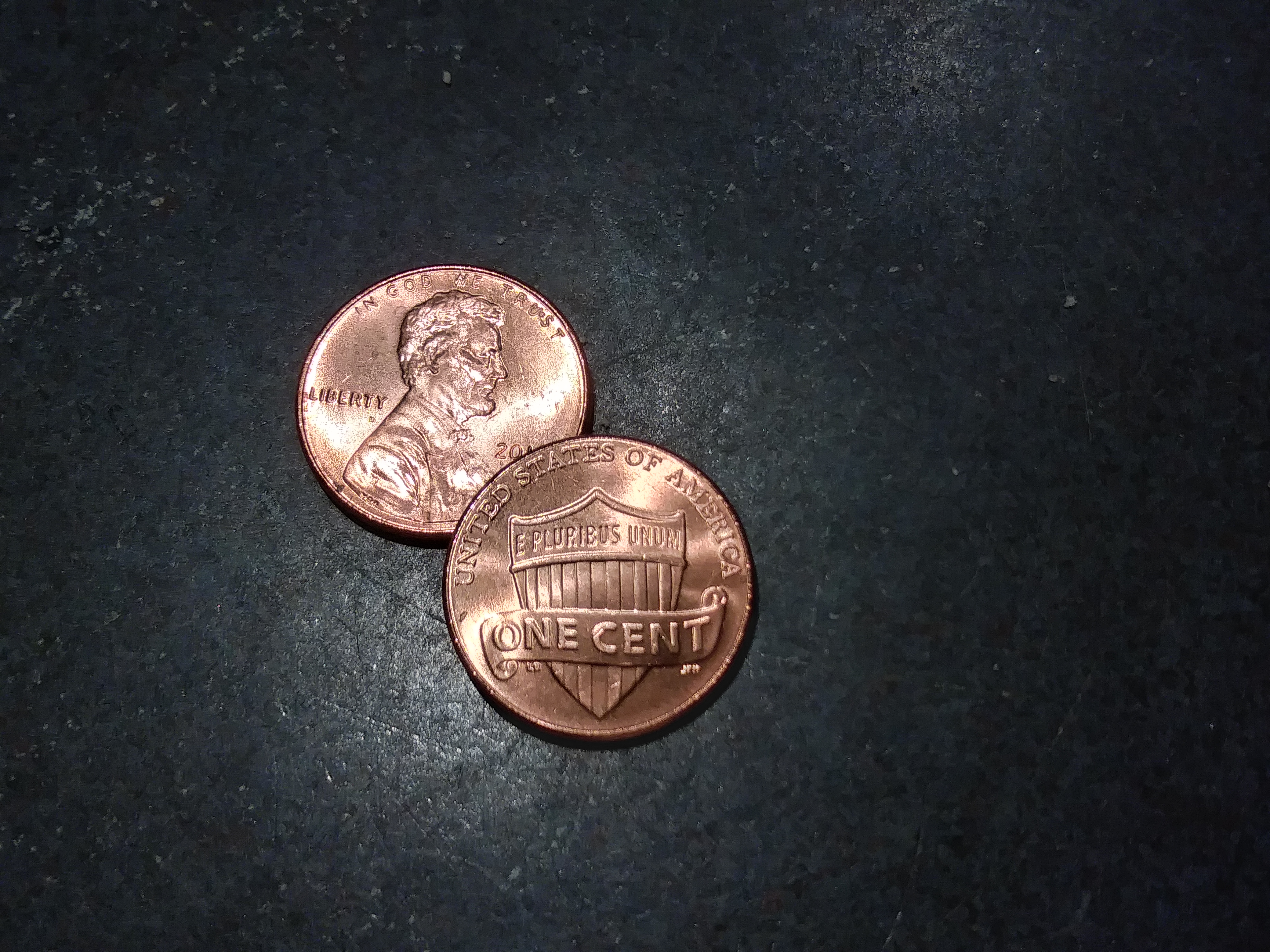AUGUST 10, 2019 – Today I criticize Republicans’ defense of corporate America. My target: money, money, and . . . money.
There’s nothing inherently wrong with money. It’s simply a medium of exchange. However, the American corporate obsession with short term money (profitability) and money in politics undermines our future.
First, take executive compensation. For some time, top-tier executives in Fortune 500 companies have been awarded big “incentive pay” based on short-term (annual) financial performance, much of it tied to share value. This system is self-perpetuating, since many corporate board members approving these lucrative packages are themselves CEOs of big companies. It’s a case of “you scratch my back, and I’ll scratch yours.” Rarely does a board member stand up and say, “This method of compensation is not good for our company or our economy.” The CEO under such a regime is incentivized to manage for short-term results, often to the detriment of the long-term prospects.
I experienced this very directly when I managed a P & L group inside a large financial institution. The monthly pressure to crush the nut forced us to make decisions that were either dumb or crazy from the standpoint of our long-range strategy.
(The unprecedented disparity between large company executive pay and worker bee wages warrants much analysis, discussion and change but is beyond the purview of this post.)
Second, many Republicans who cringe at the president’s language and behavior praise the man for opposing regulation of business. Why? Because regulation = cost = lower profitability.
The problem with this mentality is that it ignores a fundamental economic principal: absolutely nothing is “free.” Not air, not water, and certainly not societal infrastructure. You can’t pollute air or water, injure employees or customers, without someone, somehow having to pay the price.
A basic problem with capitalism is that it hasn’t yet figured out how to factor into the price of goods and services, such things as long-term degradation of the planet and its inhabitants or injury to workers and consumers.
Enter, then, government regulation. It has to come from government, not because government is “smarter” than industry but because effective regulation has to be promulgated and managed by disinterested people—not by the regulated. Case in point: Boeing and the 737 Max. In that instance, the FAA ceded too much control of regulation to the very entity that was subject to regulation. Why was it ceded? To save money. If you’re a Boeing shareholder who bought in before the crashes, you have to be asking anti-regulation Republicans, “And this fiasco saved us money how?”
Third is the worst—corporate money in politics. When I worked for a large company, I saw this up close and personal. I was shocked and appalled. We managers were expected to write out personal checks to PACs—Democrat and Republican, and then round up contributions from the employees in our respective divisions. “Why?” I asked. The answer, given without shame: “For access to all of Congress, both parties—any time we want it.”
Call it for what it is: CORRUPTION.
© 2019 Eric Nilsson
